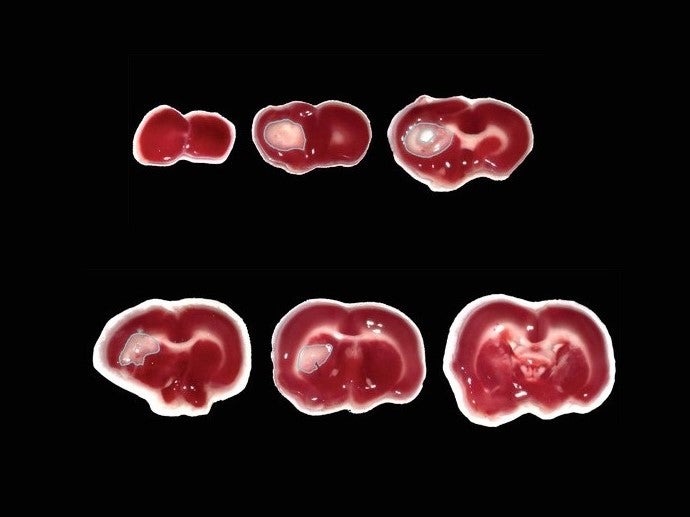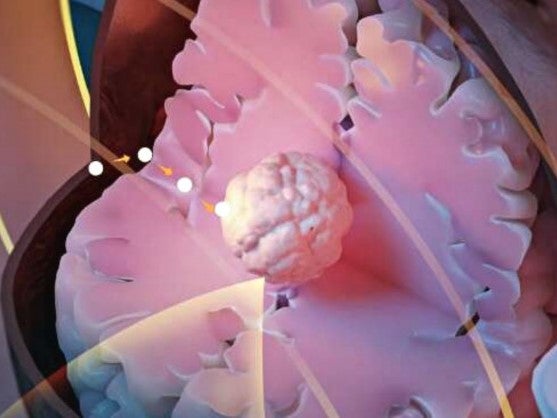Scientists use tiny metal ‘seeds’ to heat up and kill cancer
Breakthrough treatment can target difficult-to-reach brain tumours

Scientists have figured out a way to use an MRI scanner to guide tiny magnetic “seeds” through a person’s brain in order to heat up and destroy cancer cells.
Researchers at University College London (UCL) developed the novel breakthrough cancer therapy as a way to combat difficult-to-reach brain tumours with a high-level of accuracy.
The technique, called “minimally invasive image-guided ablation” (MINIMA), was described in a study published in the journal Advanced Science this week.
In involves 2mm metal spheres that are guided to a tumour through magnetic propulsion, where they are then remotely heated up in order to kill the cancerous cells.
The technique has already been successfully tested on mice, with researchers now hoping to establish a proof-of-concept that can be used on humans.
The treatment could potentially be used for other cancers, such as prostate, that could benefit from less invasive therapies.
It also uses technology that is already ubiquitous in hospitals around the world, elevating MRI scanners from a diagnostic device to a therapeutic platform.
“MINIMA is a new MRI-guided therapy that has the potential to avoid traditional side effects by precisely treating the tumour without harming health tissues,” said Professor Mark Lythgoe from the UCL Centre for Advanced Biomedical Imaging, who was a senior author of the study.
“Because the heating seed is magnetic, the magnetic fields in the MRI scanner can be used to remotely steer the seed through tissue to the tumour. Once at the the tumour, the seed can then be heated, destroying the cancer cells, while causing limited damage to the surrounding healthy tissues.”

Lead author Rebecca Baker added: “Using an MRI scanner to deliver a therapy in this way allows the therapeutic seed and the tumour to be imaged throughout the procedure, ensuring the treatment is delivered with precision and without having to perform open surgery.
“This could be beneficial to patients by reducing recovery times and minimising the chance of side effects.”
Further development of the technique could see the shape of the seed changed from a sphere to a sharp edge capable of acting as a tiny cutting scalpel that could be guided through tissue, the researchers said.
This would allow surgeons to perform remotely controlled operations, which Professor Lythgoe predicted could “revolutionise non-invasive surgery”.

Join our commenting forum
Join thought-provoking conversations, follow other Independent readers and see their replies
Comments